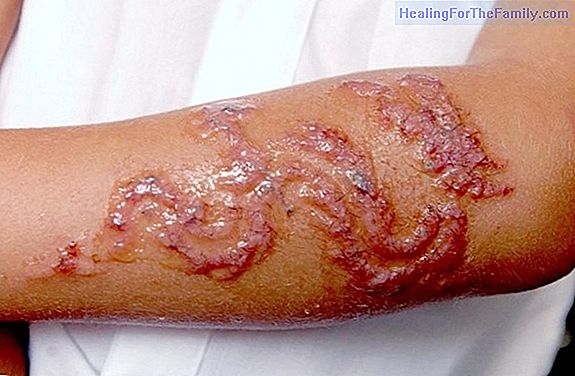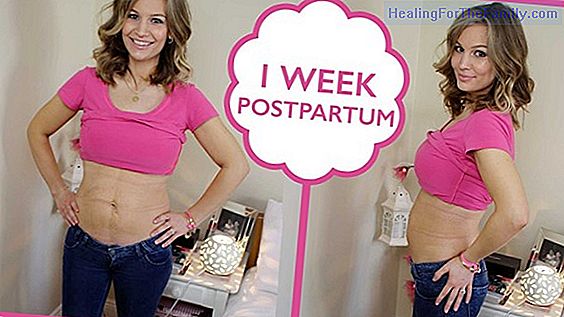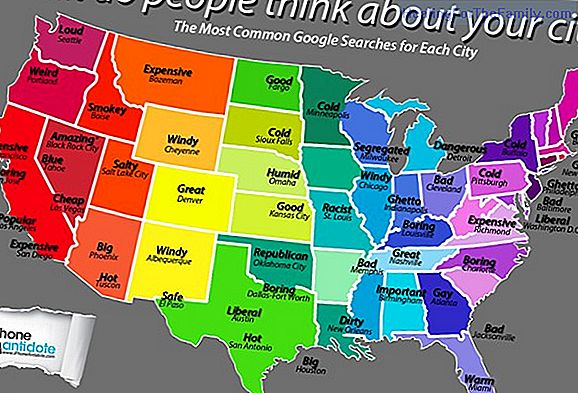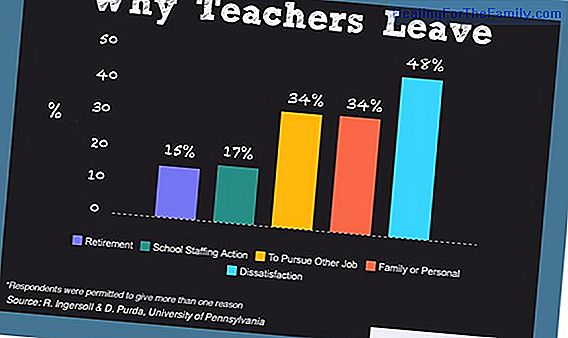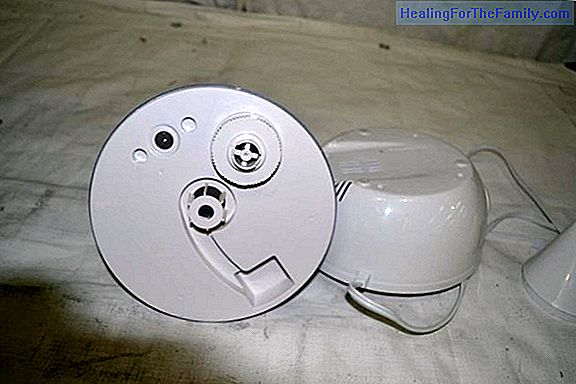Dangerous food in pregnancy
In the first consultations with the midwife or gynecologist, one of the most common recommendations usually refers to foods that should not be consumed during pregnancy, which can scare the future mother. For this reason, it seems appropriate to explain why some of these prohibitions and the disease
In the first consultations with the midwife or gynecologist, one of the most common recommendations usually refers to foods that should not be consumed during pregnancy, which can scare the future mother.
For this reason, it seems appropriate to explain why some of these prohibitions and the diseases that can cause the consumption of these foods.
The risk of fish and shellfish in pregnancy
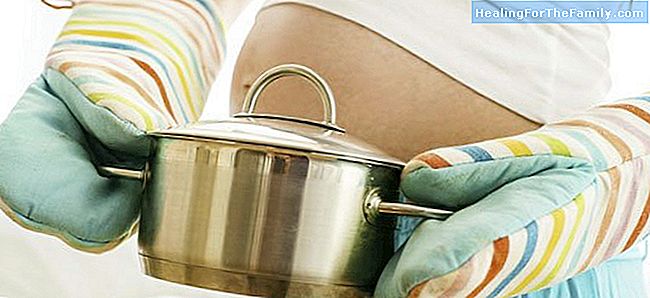
It is recommended not to eat raw fish or shellfish, such as sushi, since they can harbor a worm called anisakis which, although it does not affect the fetus, can cause a stomach reaction, and sometimes allergic, of certain seriousness in the mother. Bivalve molluscs and salted dried fish, such as cod, do not present a risk of anisakis, and in the rest of the fish, cooking or freezing below -20C for 24 hours, ensure that the worm does not cause any damage.
It is also advisable to avoid fish with high mercury content, since this metal is harmful to the developing brain and nervous system of the fetus.
Smoked salmon has sometimes been associated with outbreaks of Listeria monocytogenes, a food pathogen of great importance during pregnancy, as it can cause abortions, premature births or even the death of the fetus depending on which quarter it contracts. It is generally assumed that freezing below -18C eliminates this pathogen, but some researchers have found still viable colonies at this temperature.
Raw foods during pregnancy
In general, it is not recommended to eat any raw or undercooked food, be it meat, fish or eggs. Among the meat products, it is also advisable to avoid cured raw sausages, since they are made with raw meat. In these cases there may be a risk of toxoplasmosis, an infection caused by a parasite called Toxoplasma gondii. Recent investigations ensure that the risk of contamination by sausages is minimal, but it seems appropriate to take precautions.
Cheeses made with raw milk (fresh cheese, mozzarella, feta ...), as well as raw milk itself, are also foods to avoid. The possibility of finding Listeria monocytogenes in them is high, so it must be ensured that the dairy products consumed have been made with pasteurized milk.
Outbreaks of this pathogen have also been related to the consumption of prepared salads, so even if they have already been washed, it is advisable to do it again before consuming them, as well as all the fruits and vegetables that are going to be consumed raw. Prepared or pre-cooked foods can also be a Listeria vehicle, due to possible cross-contamination after cooking, so it is advisable to always heat up even those foods that are already cooked to smoke.
The risks of raw eggs for pregnant women
It is recommended not to consume raw eggs or any type of sauce made with them, either mayonnaise or similar. The reason, the likelihood of contracting salmonellosis, a food poisoning whose symptoms and consequences worsen during pregnancy, causing harm to the fetus.
Although they seem too many, dietary recommendations or prohibitions during pregnancy try to protect the health of both the mother and the baby, so it is advisable to keep them in mind as soon as the pregnancy is known and throughout the pregnancy.


